
AI Security 101: Everything You Need to Know
Why More Canadians Are Feeling Unsafe — And What You Can Do About It
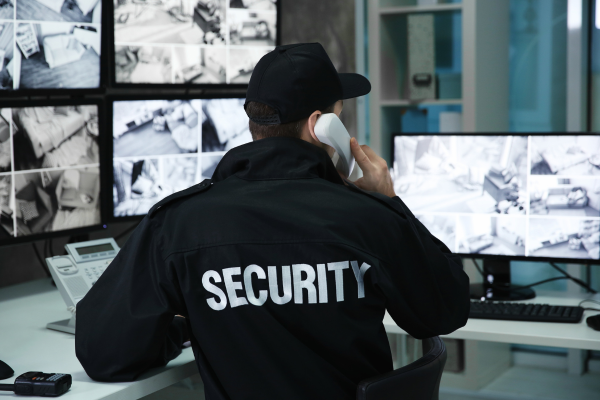
Video Monitoring: Do I Need to Hire a Human?
It’s a fair question — with all the advancements in AI, is it still necessary to have a human watching your security footage? The short answer: not always. Traditional video monitoring relies on people manually scanning hours of footage, which is time-consuming, costly, and prone to fatigue and error.
So when do you actually need humans — and when can AI do the job better (and cheaper)?
In this guide, we’ll break it down for you — clearly, simply, and with real-world examples.
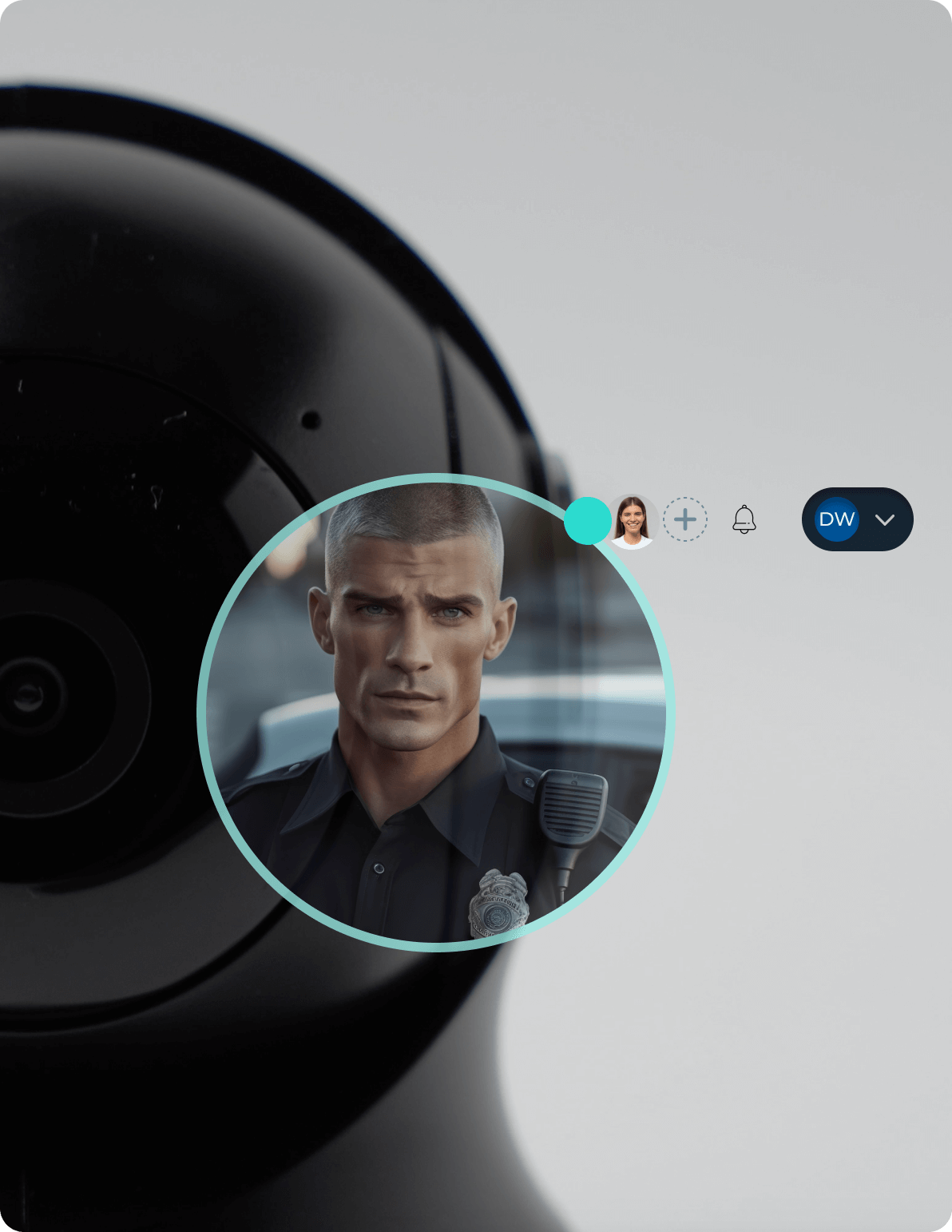
Can AI actively take control of live video monitoring in real time?
Security shouldn’t sleep—and with ArcadianAI’s intelligent live video monitoring, it never does. We help you see what’s happening as it happens, so you can stop losses before they begin.
With the right live video monitoring companies on your side, you don’t just reduce risk—you create safer spaces, empowered teams, and protected assets.
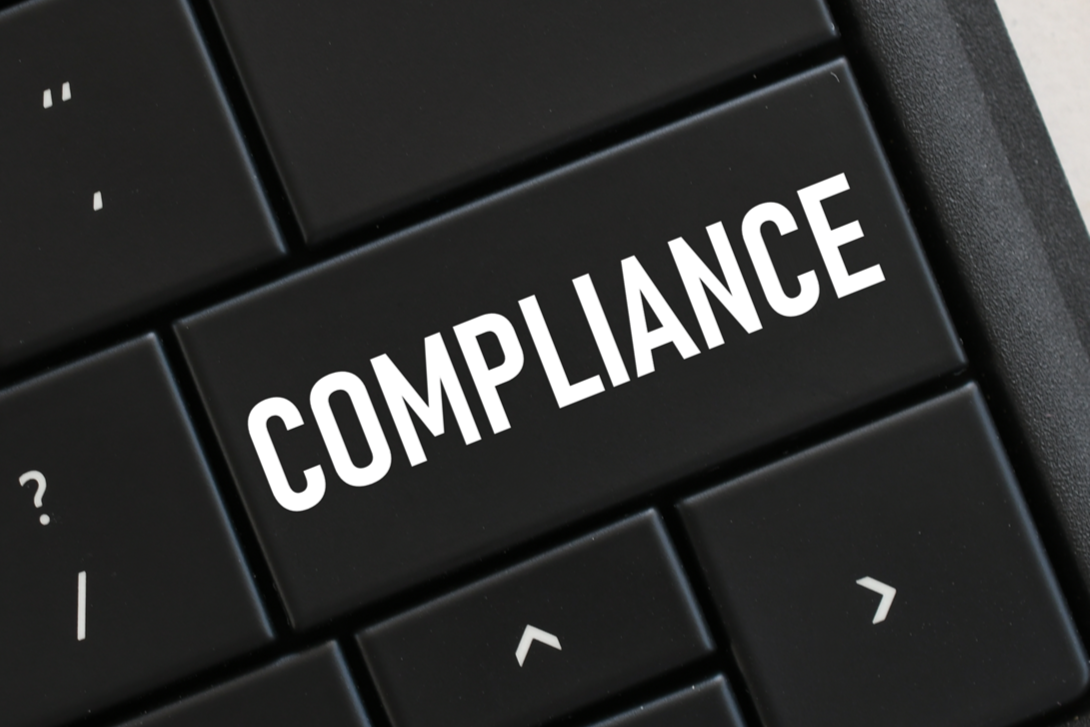
Security 101: Physical Security, General Security, and Cybersecurity Basics
Security today goes way beyond locked doors and surveillance cameras. To truly protect your people, assets, and data, you need to understand the three core pillars: physical security, general security practices, and cybersecurity.
Each layer serves a different purpose — but together, they create a complete defense system. Whether you're just starting out or looking to level up your security game, this guide breaks it all down in simple terms. No jargon, just what you need to know.
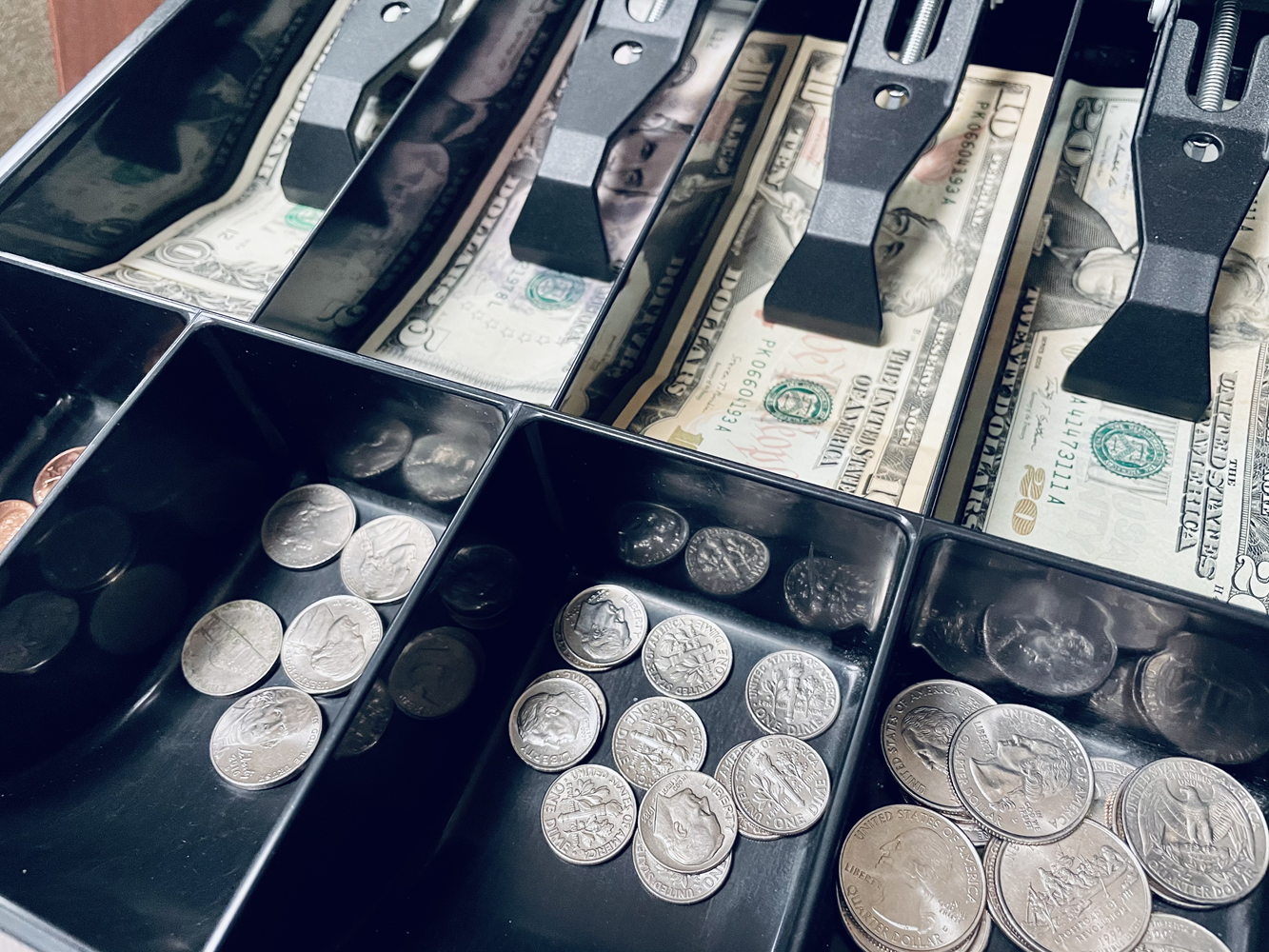
The State of Video Security Across North America: Trends in CCTV & Surveillance Systems
Why Canadians Are Upgrading Their CCTV and Surveillance Systems in 2025
It’s not enough to just record security threats — you need to stop them before they escalate. That’s why across Canada — from Toronto and Vancouver to Calgary and Ottawa — there’s been a massive shift in how businesses and homeowners think about security.
Instead of relying on outdated DVRs or grainy footage, more people are turning to modern video surveillance camera systems that actually help them prevent crime, not just review it after the fact.

A Practical Guide for Security and Monitoring Companies Adopting AI
Is AI Security Replacing Your Human Guards?
Let’s get one thing straight: AI security isn’t here to replace your team — it’s here to empower it.
If you’re running a security guard company in Toronto or anywhere in North America, you’ve probably heard the buzz: AI cameras, real-time alerts, autonomous monitoring, smart analytics. It all sounds impressive, maybe even intimidating. But what does it really mean for your business? Is it the end of boots-on-the-ground security?
Not at all. Here’s how security and monitoring companies can embrace AI — without losing the human touch.
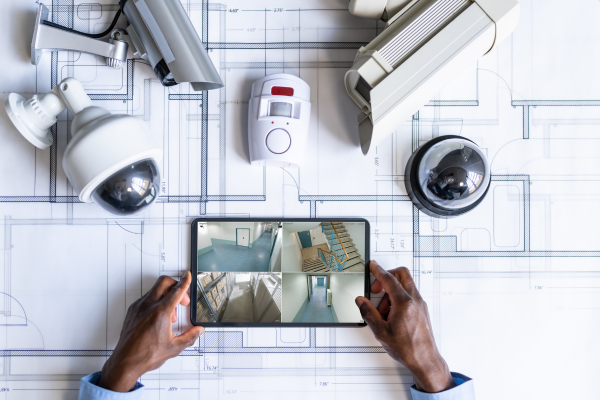
People + AI = The Future of Security
Human guards bring intuition, judgment, and presence. AI brings speed, consistency, and 24/7 vigilance. Together, they create a security system that’s both intelligent and responsive — one that doesn’t just react, but anticipates. In a world where threats move fast and expectations are high, the winning formula isn’t choosing between people or technology — it’s combining the best of both.
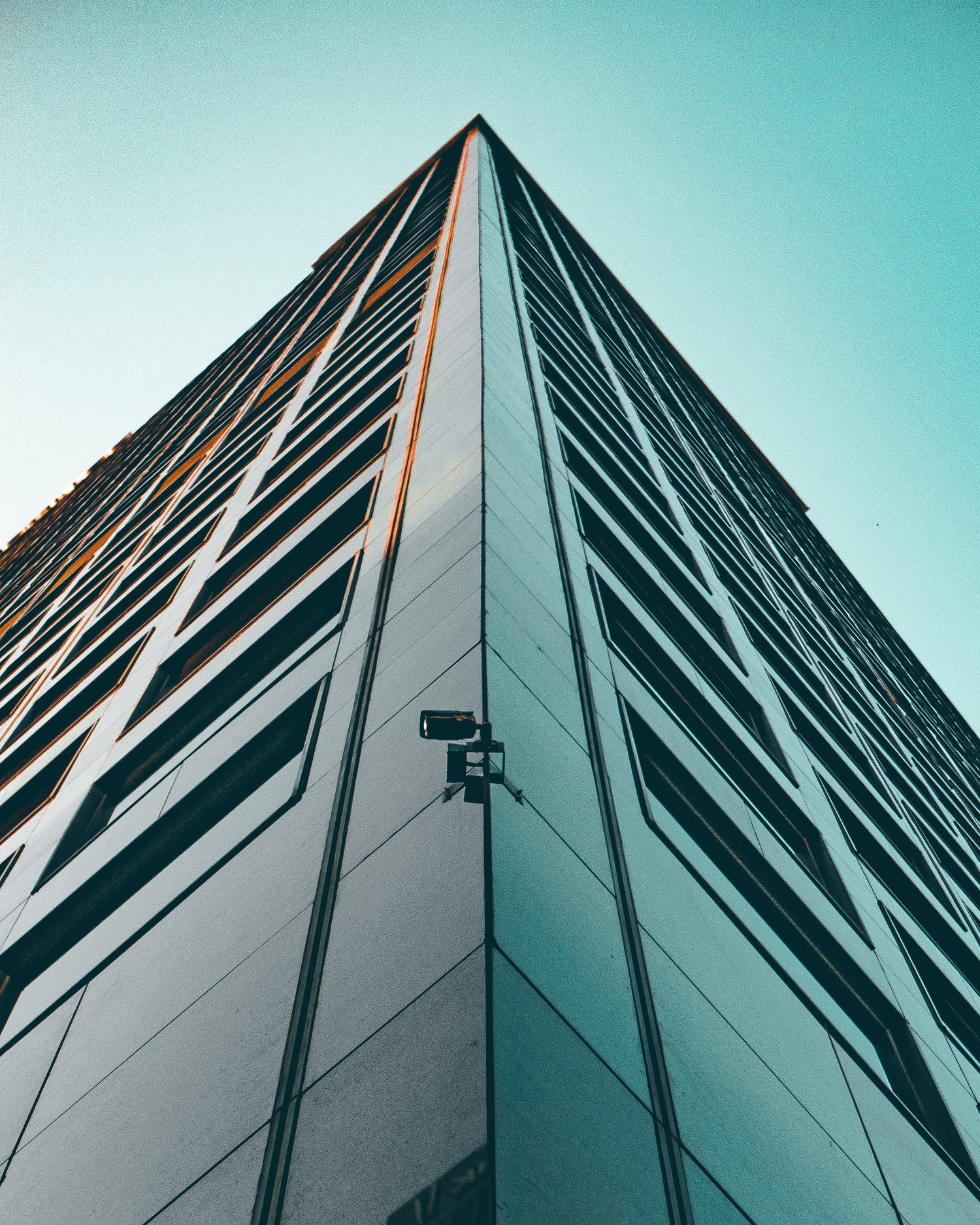
Cloud CCTV Explained
Cloud CCTV refers to a video surveillance system where footage from your security cameras is stored and managed in the cloud — rather than on local hardware like DVRs or NVRs.
Instead of saving video on-site, cloud-based CCTV cameras upload footage to secure online servers. This means you can access live feeds and recorded video anytime, from anywhere, using a phone, tablet, or computer.
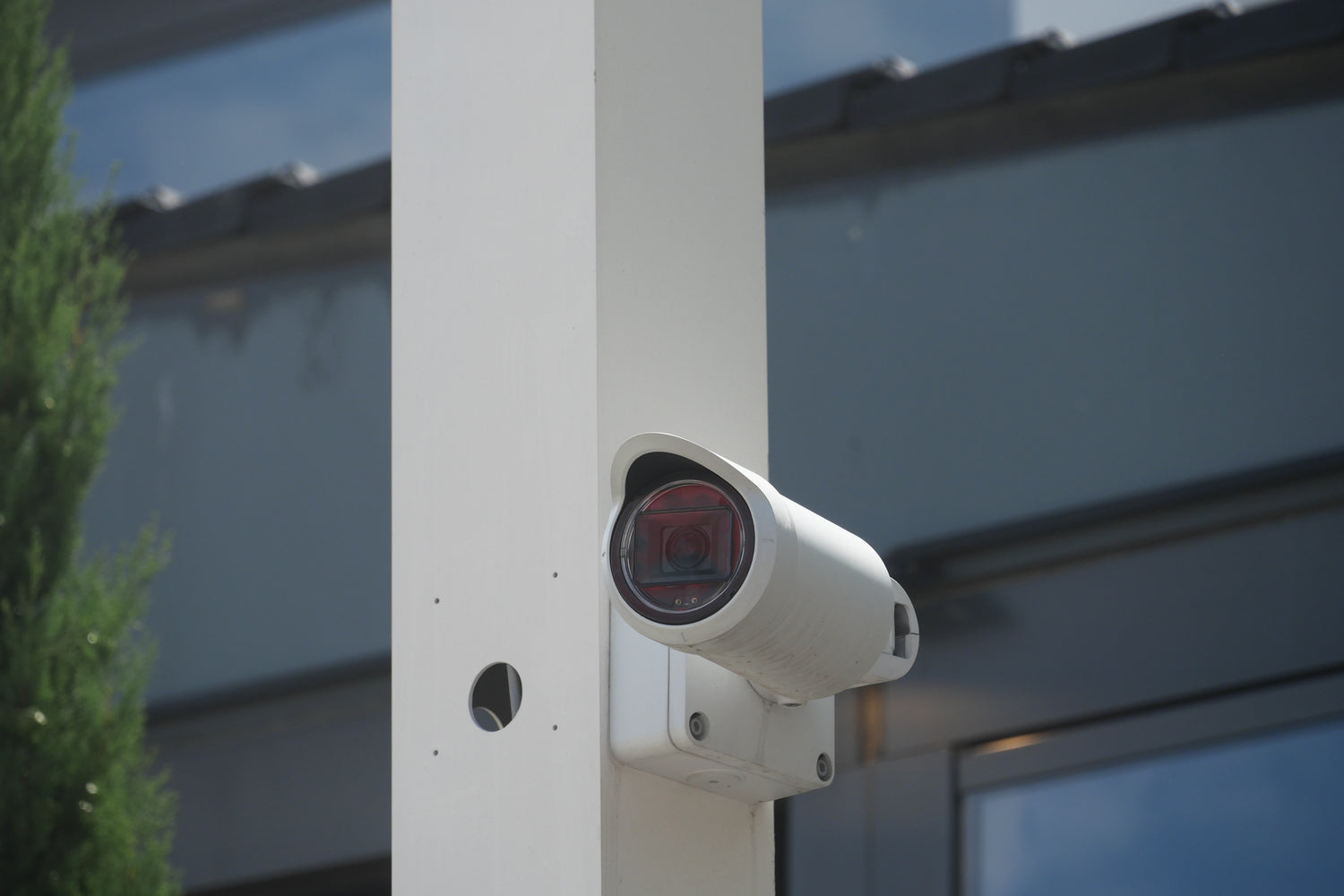
Guide to Camera Installation
Does Camera Positioning Matter for AI? Absolutely.
The way your cameras are positioned can make or break how effective your AI system is. Poor angles, glare, or blind spots can limit what the AI sees — and what it understands.
In this guide, we’ll walk you through the best practices to get the most out of your smart security setup.
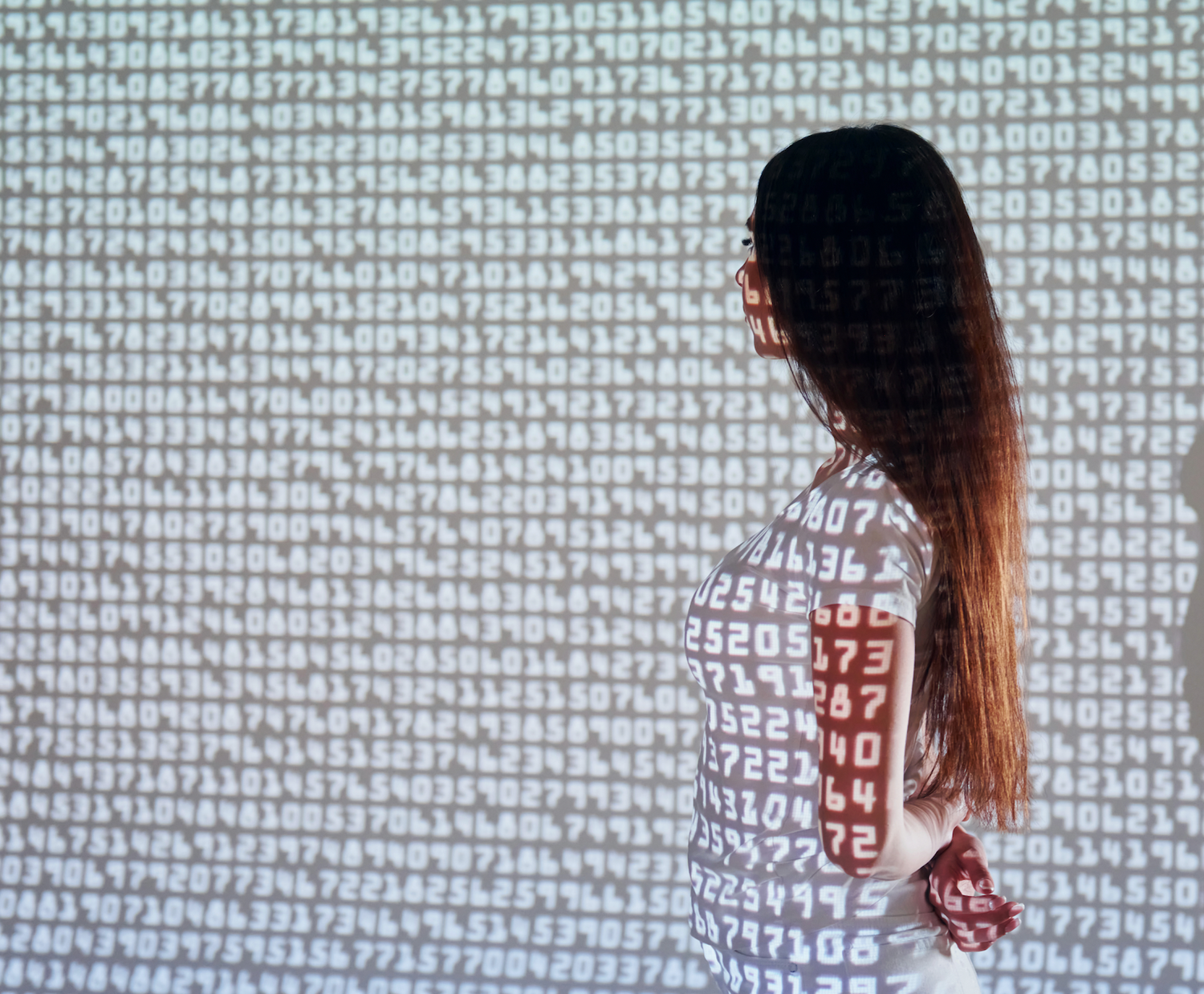
AI Video Surveillance Explained
Most modern security systems include features like motion detection, line crossing, or people counting — but these are examples of basic video analytics, not true intelligence. These tools rely on rule-based systems and models like YOLO, trained on limited, pre-defined datasets. While they can recognize that something is happening — like a person entering a zone or an object moving — they lack the ability to understand why it’s happening or whether it’s even relevant. They operate on fixed logic, without context or deeper reasoning, which limits their usefulness in real-world, dynamic environments.
Enter AI.
AI video surveillance is changing the game by using multiple large language models (LLMs) layered on top of computer vision to add context, meaning, and real-time decision-making. Think of it like having a highly trained human watching every second of your footage — 24/7 — but faster, more accurate, and never distracted.
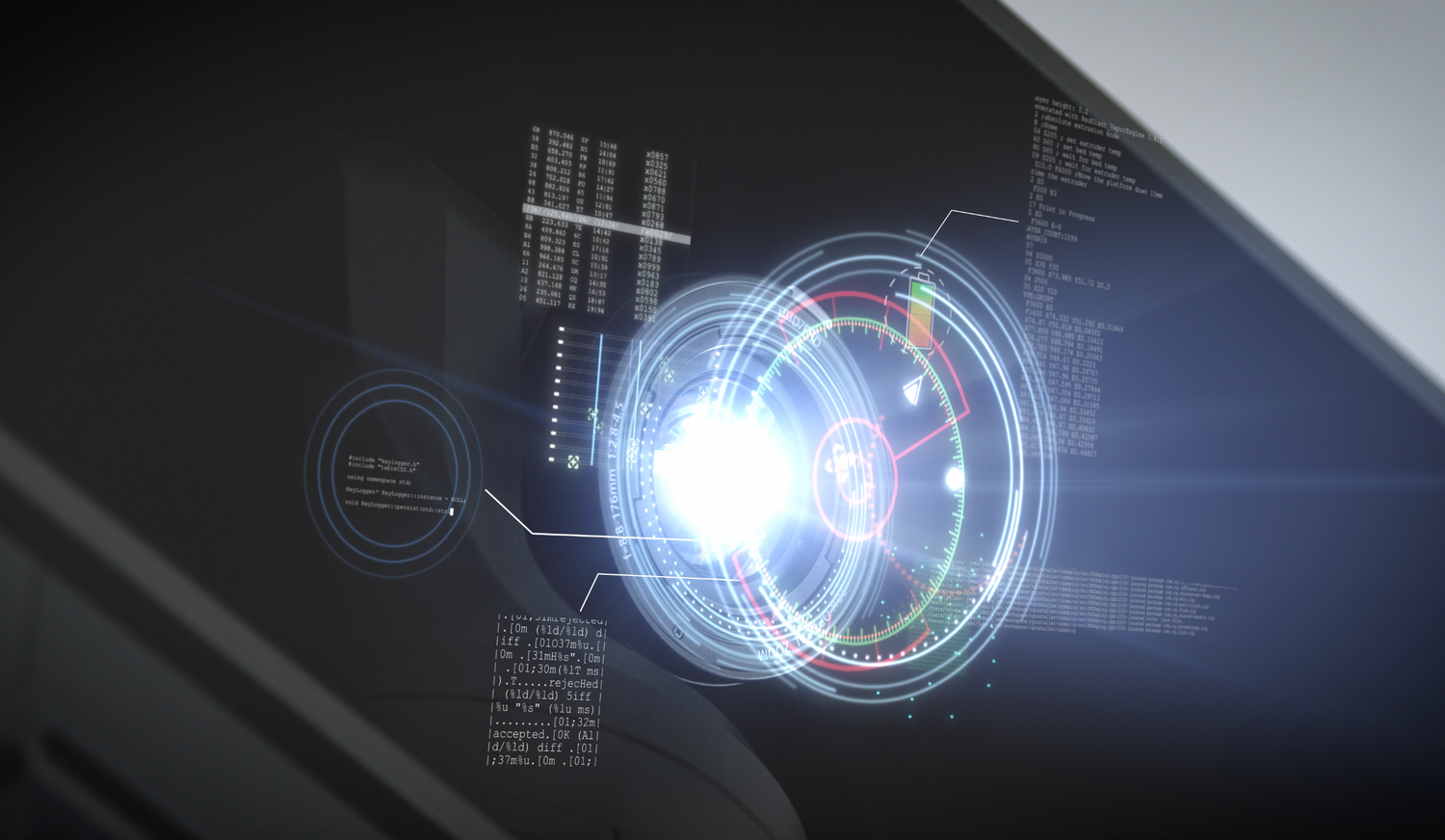

A Homeowner’s Guide to Picking a Trusted CCTV Installer Nearby
A Quick Guide to Choosing a Security Camera Expert You Can Trust
So you’ve decided it’s time to get security cameras installed — smart move. But now comes the real question: How do you choose the right CCTV installer near you? Not all installers are equal, and a rushed decision can leave you with blurry footage, blind spots, or a system that fails when you need it most.
Here’s what to look for when picking a trusted CCTV installation pro in your area.
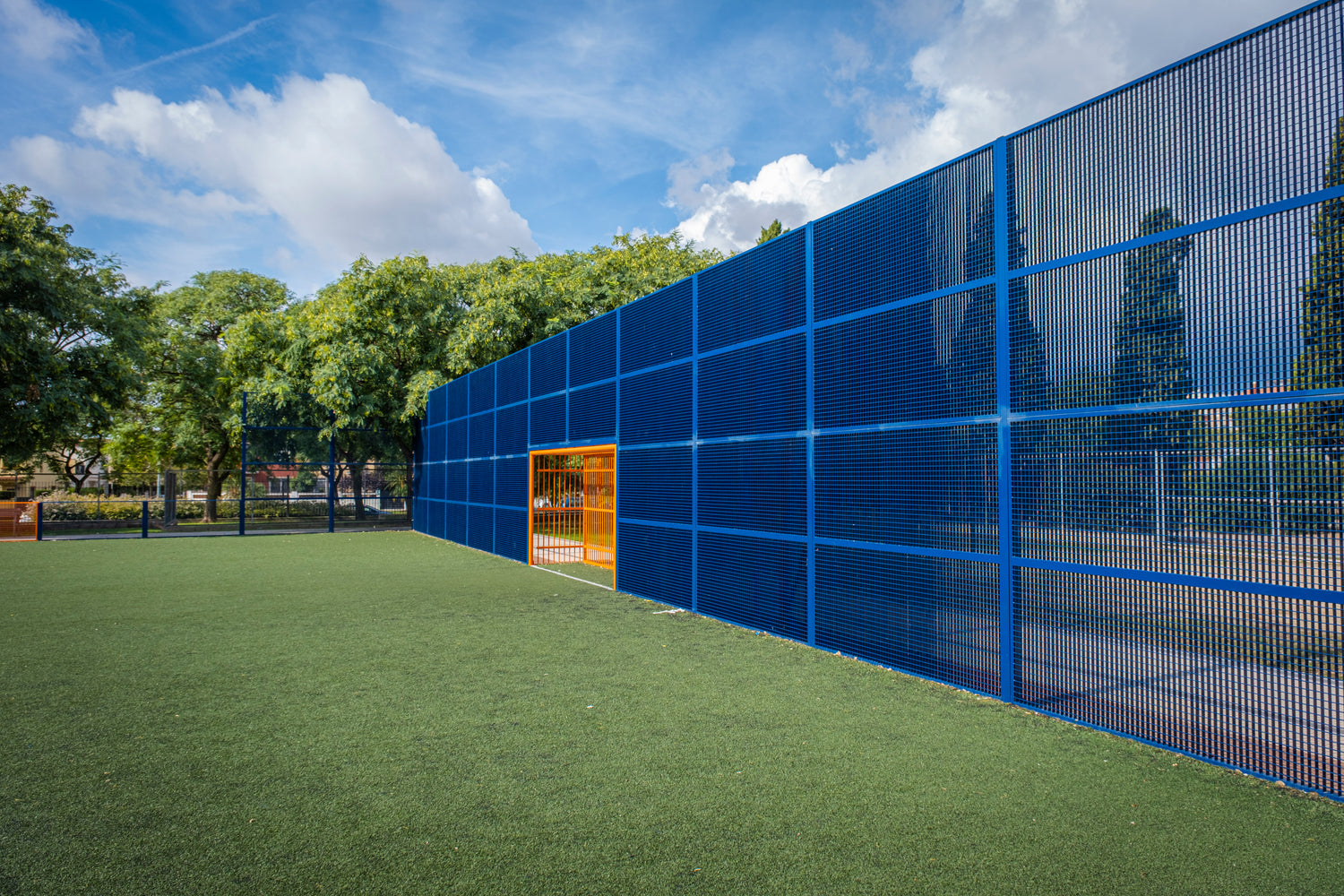
How Cloud AI Security Systems Detect After-Hours Loitering
You close up for the night, lights go off, and the store is locked — but the real risk often starts after business hours. Whether you're running a retail shop, warehouse, or office space, loitering near staff-only entrances or back doors can be an early sign of trouble: break-ins, vandalism, or casing the property for future theft.

Recent surveys and studies indicate that a significant number of Canadians are feeling less safe in their communities compared to previous years.
According to a 2023 poll, 38% of Canadians reported feeling less safe than they did a decade ago, with younger individuals and those living in urban areas expressing heightened concerns. Women, in particular, are more likely to report feelings of insecurity, especially when walking alone at night. Additionally, visible minorities and Indigenous peoples have reported higher levels of discomfort regarding their personal safety.

Canadian Resident? Here’s What You Need to Know About Crime in 2025
Public policing is critical, but many residents say it’s no longer enough. In 2025, security systems Ottawa families are using go hand-in-hand with private security contracts. These aren't luxury services — they’ve become necessary safeguards for many mid-size businesses, residential developments, and even places of worship.
The rise of professional security agencies in Ottawa, Toronto, and across Ontario, is driven by demand for fast, customized responses. These agencies know local risks. They offer patrols where police presence is thin, and they support citizens in the moments between a threat being detected — and help arriving.

AI-Powered Threat Detection Made Simple, Smart & Scalable
Every business—regardless of size or sector—faces growing risks from security breaches, insider activity, and cloud-based vulnerabilities. Traditional surveillance systems often fail to detect incidents in real-time, leaving companies exposed.
At ArcadianAI, we go beyond passive video. We deliver AI threat detection solutions that proactively identify risks before they escalate—enabling you to respond swiftly and decisively.
Curious about AI surveillance? Hit play and see it in action.
Ask us anything.
Read Blogs
View all-

Playbook: Policy-Based Daycare Safety Monitorin...
Most childcare programs don’t have a camera problem. They have a decision problem. This playbook shows how policy-driven monitoring turns motion noise into verified incidents—during working hours—without rip-and-replace.
-

Playbook: Daycare Safety + Staff Management Wit...
Most daycares don’t have a camera problem. They have a decision problem: too much footage, not enough verified outcomes. This playbook shows how Ranger uses multiple working-hours policies to improve safety,...
-

The Definitive Parking Facility Security Guide ...
Parking facilities are where traditional monitoring breaks first: light shifts, weather, reflections, traffic surges, and mixed-user behavior create constant “motion” that isn’t risk. Static systems (fixed motion rules, fixed schedules,...
-

Policy-Based Alarm Verification: The SOC Scalin...
Most monitoring centers aren’t losing because they lack cameras or AI. They’re losing because their queue is full of noise. This playbook explains how Policy-Based Alarm Verification standardizes decisions, reduces handle...





